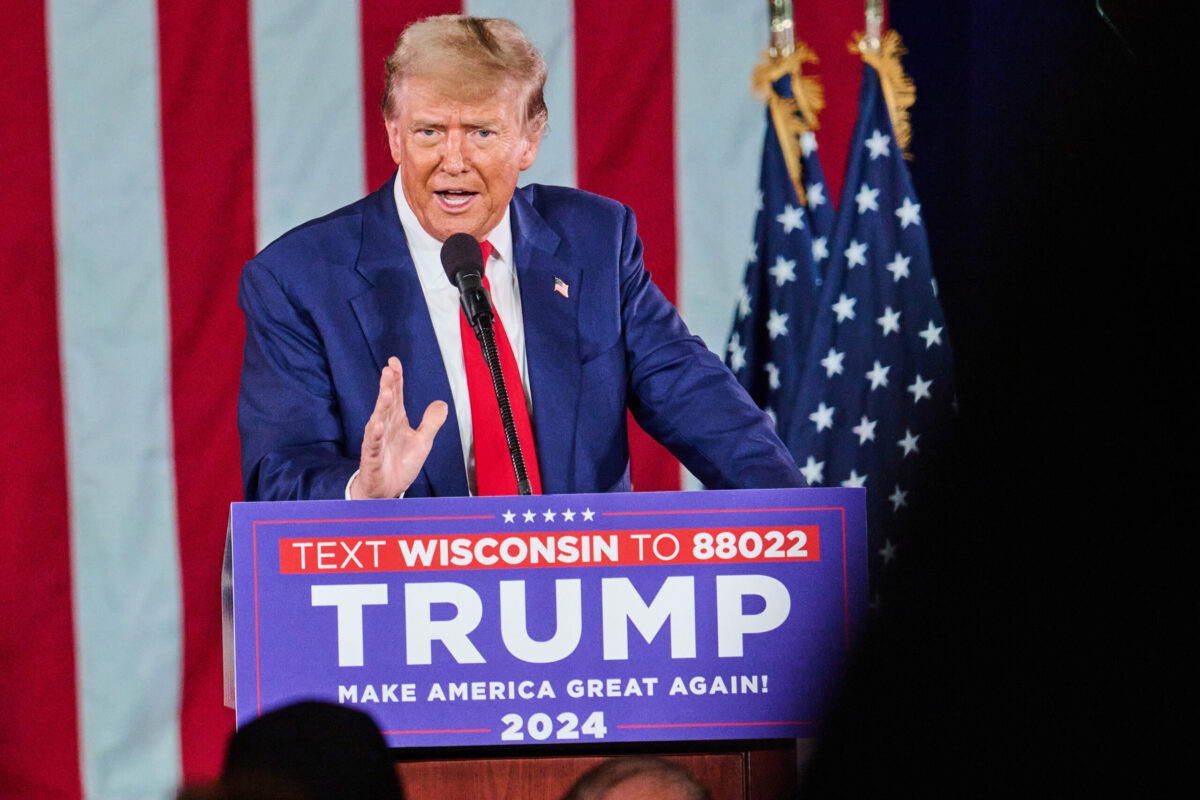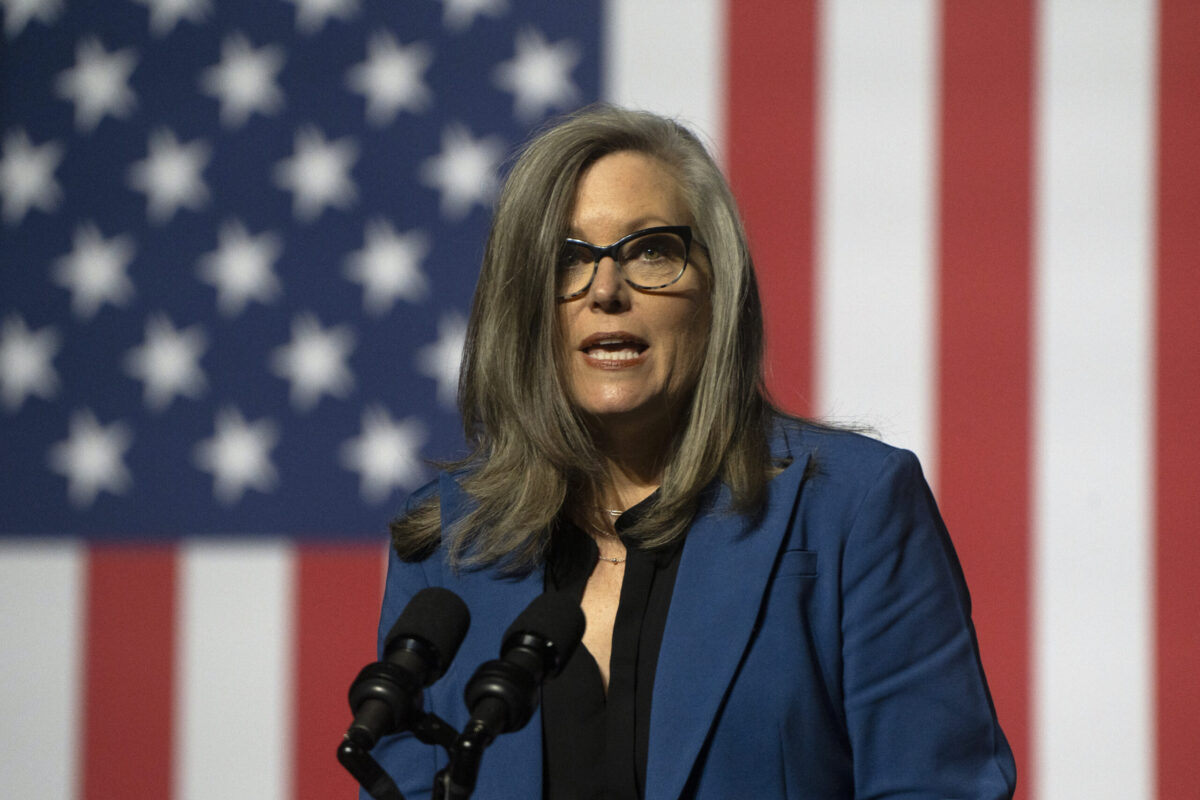Colorado Supreme Court to Hear Appeal of Christian Baker Who Refused to Make LGBT Cake
Colorado Supreme Court Agrees to Hear Appeal in Masterpiece Cakeshop Case
Jack Phillips, owner of Masterpiece Cakeshop, has achieved a significant victory in his ongoing legal battle for refusing to bake a gender transition cake. The Colorado Supreme Court has finally agreed to hear his appeal, overturning a lower court’s ruling that allowed Colorado authorities to force Phillips to create cakes that contradict his personal beliefs.
Last week, the Colorado Supreme Court announced that it would hear Phillips’ case, marking a win in his years-long fight against the state’s attempt to compel him to express messages on cakes that go against his convictions. This decision comes after Phillips previously won a case before the U.S. Supreme Court in 2018, where he defended his right to decline making a custom cake for a same-sex wedding.
In 2019, Phillips faced another lawsuit when he refused to create a cake for a transgender lawyer celebrating a gender transition. The attorney, Autumn Scardina, even requested a custom cake depicting Satan smoking marijuana. However, Phillips stood firm in his refusal, stating that he would not create cakes that express messages conflicting with his beliefs.
Related Stories
Phillips’ attorneys filed an appeal with the Colorado Supreme Court in April, challenging the lower court’s ruling that allowed Colorado authorities to compel him to include messages on his cakes that contradict his religious convictions. They argued that the U.S. Supreme Court’s landmark decision in favor of a Christian website designer, who objected to creating websites celebrating same-sex weddings, should also apply to Phillips’ case.
In July 2023, the U.S. Supreme Court ruled in favor of the Christian web designer, affirming her constitutional right to free speech. Following this decision, Phillips’ attorneys submitted a supplemental notice to the Colorado Supreme Court, requesting a hearing and emphasizing the importance of protecting his freedom of expression.
More Details
In the supplemental filing, Phillips’ attorneys urged the Colorado Supreme Court to apply the U.S. Supreme Court’s ruling in 303 Creative v. Elenis, which recognized the rights of artists to refuse to express messages that contradict their beliefs. Finally, on October 3, the Colorado Supreme Court agreed to hear Phillips’ case, marking a significant step forward in his legal battle.
“Free speech is for everyone. The government cannot force artists to convey messages they do not believe in, as stated by the U.S. Supreme Court in 303 Creative,” said Jake Warner, senior counsel for the Alliance for Defending Freedom (ADF). He emphasized that the requested cake in this case is considered speech protected by the First Amendment.
Phillips expressed his hope that the Colorado Supreme Court’s decision to hear his case brings an end to his long-standing legal fight. In an interview with Fox News, he stated, “I hope it is the light at the end of the tunnel. I’m pretty excited about it.” He also emphasized that his refusal to create certain cakes is not about discrimination but about his right to express his religious beliefs.
The Colorado Supreme Court has yet to schedule oral arguments for the case. Phillips believes that this case is crucial for protecting religious freedom and ensuring that individuals are not punished in the marketplace for expressing their beliefs.
Supreme Court Decision In Web Designer Case
In June 2023, the U.S. Supreme Court ruled 6-3 in favor of Christian web designer Lorie Smith, who argued that Colorado’s law requiring her to create websites celebrating same-sex weddings violated her free speech rights. Smith, like Phillips, would design websites for anyone but refused to include messages that conflicted with her religious beliefs.
Smith’s victory at the Supreme Court highlighted the importance of protecting free speech. Justice Neil Gorsuch, in the majority opinion, emphasized that the government cannot compel individuals to express messages that go against their conscience. He stated, ”The First Amendment envisions the United States as a rich and complex place where all persons are free to think and speak as they wish, not as the government demands.”
What are the arguments made by supporters of Phillips in the Masterpiece Cakeshop case regarding his right to freedom of expression?
Vernment should not be able to force someone to express messages that go against their deeply held beliefs,” said attorney Jake Warner, who represents Phillips. “We are grateful that the Colorado Supreme Court has agreed to hear Jack’s case and we are hopeful that they will uphold his constitutional right to freedom of expression.”
The Masterpiece Cakeshop case has been closely watched as it raises important questions about the balance between religious freedom and anti-discrimination laws. Critics argue that Phillips’ refusal to bake cakes for same-sex weddings and gender transitions is a form of discrimination, while supporters argue that he should not be compelled to create art that goes against his beliefs.
The U.S. Supreme Court’s decision in favor of the Christian web designer in 303 Creative v. Elenis provided an important precedent for Phillips’ case. In that case, the court ruled that the web designer had the right to refuse to create websites that promoted same-sex weddings, citing the First Amendment’s protection of free speech.
Supporters of Phillips argue that the same reasoning should be applied to his case. They contend that forcing him to create cakes that express messages conflicting with his beliefs violates his right to freedom of expression. Additionally, they argue that Phillips has the right to control the artistic message and symbolism of his creations.
Opponents, on the other hand, believe that Phillips’ refusal to bake cakes for same-sex weddings and gender transitions constitutes discrimination. They argue that businesses should not be allowed to discriminate against customers based on their sexual orientation or gender identity.
The Colorado Supreme Court’s decision to hear Phillips’ case is a significant development. It provides an opportunity for the court to clarify the balance between religious freedom and anti-discrimination laws. The ruling will have far-reaching implications not only for Phillips and Masterpiece Cakeshop but for business owners and artists across Colorado.
The court is expected to hear arguments in the coming months, and a decision is likely to be reached next year. Until then, Phillips and his attorneys will continue to fight for his right to express his beliefs freely and without government interference.
As this case unfolds, it will undoubtedly continue to spark debates and discussions about the boundaries of free speech and the protections afforded by the First Amendment. The outcome of this case will shape the legal landscape and set a precedent for future similar cases.
In a society that values both freedom of expression and equal treatment under the law, striking the right balance between these principles is a complex and challenging task. The Colorado Supreme Court’s decision to hear Phillips’ case is an important step in navigating this delicate balance and ensuring that the rights and freedoms of all individuals are protected.
" Conservative News Daily does not always share or support the views and opinions expressed here; they are just those of the writer."





